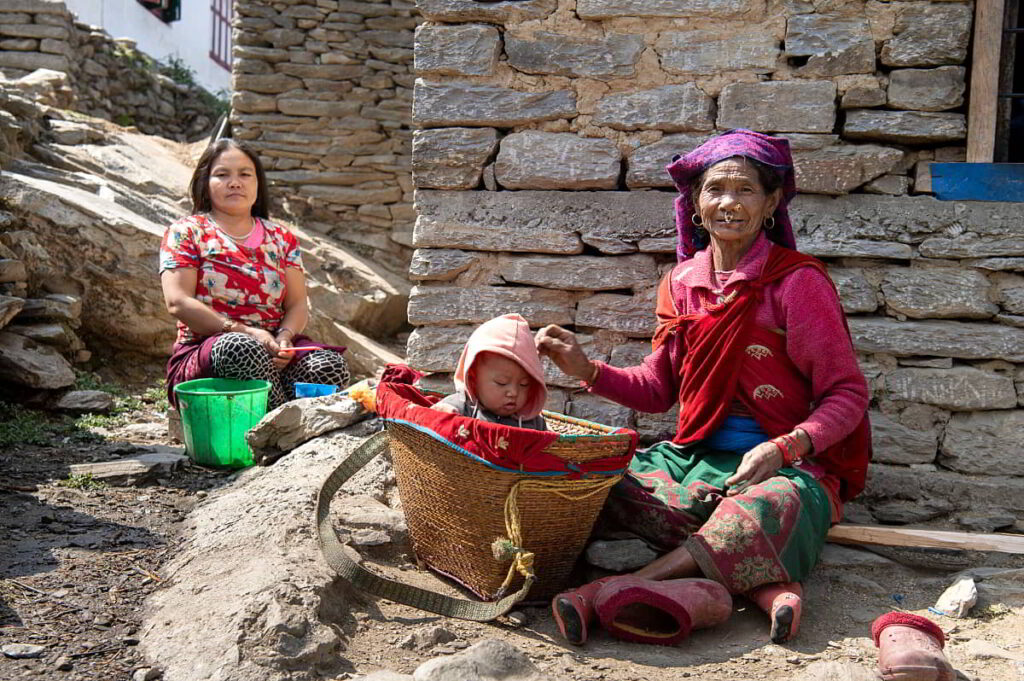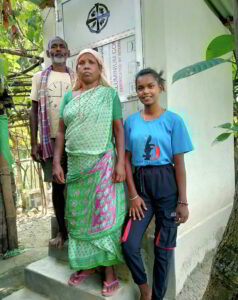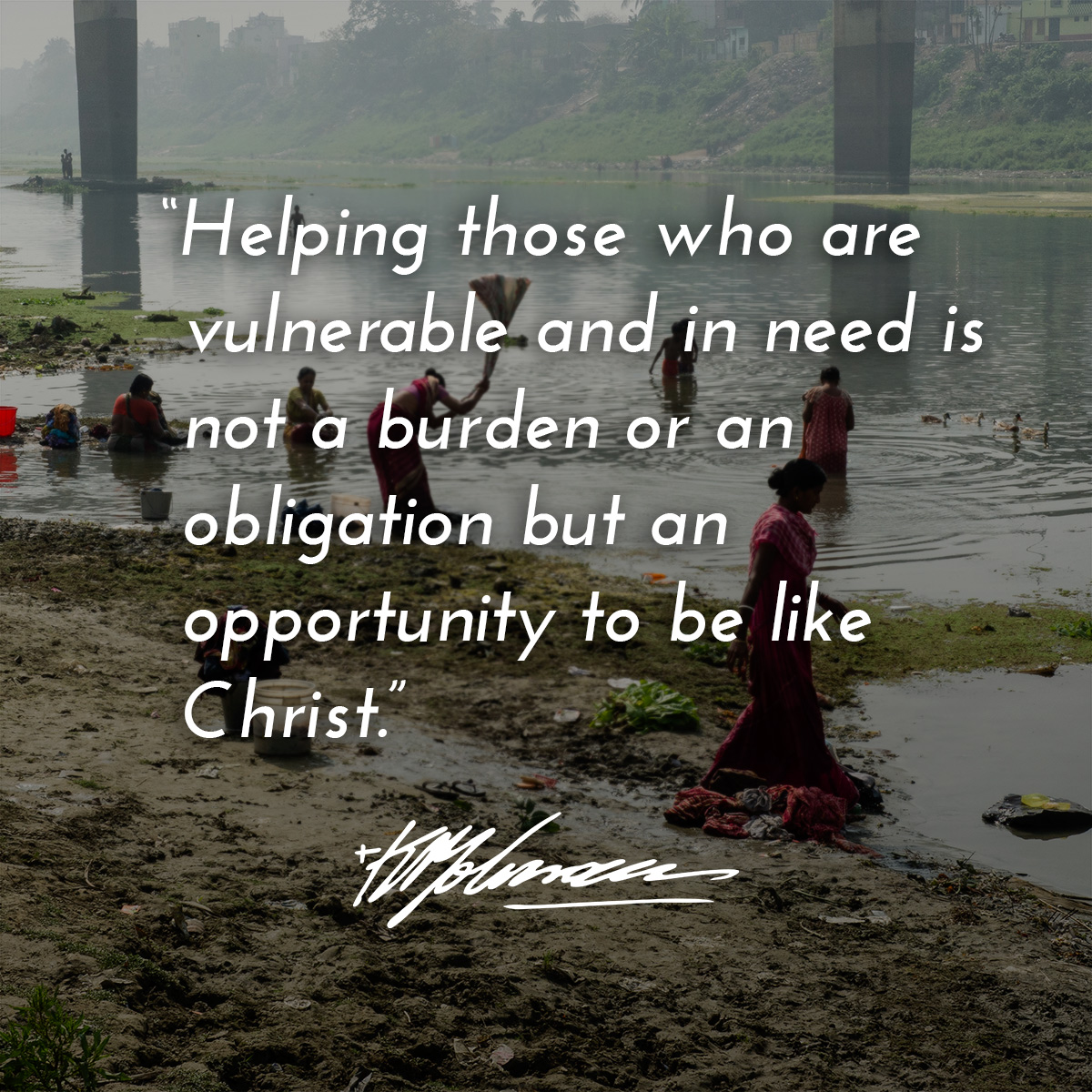One of the common dilemmas we face in our world is that we can see and hear without actually seeing or hearing. It’s like a husband reading his newspaper, clueless that his wife is desperately struggling with some problem and trying to get his attention. It is only when she starts crying that he realizes something is wrong and thinks, My goodness, what happened to her?
The same thing is true in the bigger picture of the world around us. We hear and we hear and we see and we see so many things. Yet we don’t really hear and we don’t really see.

Once in a while, something major happens that draws our attention, like an Ebola outbreak, a devastating earthquake in Haiti or a terrorist attack. And yet, there may be a tsunami that is 10 times more massive in its impact, taking the lives of hundreds of thousands of people, which goes unnoticed.
One of those invisible “tsunamis” is open defecation and the lack of sanitation facilities in many places around the world. It wasn’t until I talked to the chief minister of one of the states of India that I realized how bad the situation was. He shared with me about the plight of those in remote villages who had no choice but to relieve themselves in the open and how many people suffered, contracted diseases and even died as a result. He asked if we could help build sanitation facilities and teach people how to use them. By God’s grace, Gospel for Asia was able to start helping provide toilets in areas like these. But there is still so much more to be done.
Recently, my dear friend Karen Mains wrote an article on open defecation and the many people still living without even basic sanitation facilities. One of the statistics she shared from the World Health Organization (WHO) was absolutely shocking:
Only “39% of the people who make up the world population use managed sanitation not serving other households, with systems in place to safely dispose or treat excreta (2015).”

This family stands in front of their own, new sanitation facility provided by Gospel for Asia field partners.
In simple terms, if you or I live in a household that has its own clean, working toilet and the waste is afterward managed safely, we are in the minority.
Imagine what life might be like without this privilege. As Karen wrote, “What if I had to stand in line to use a communal latrine where flies buzzed, the floor was filthy, someone had evacuated due to acute diarrhea, and no one wanted to clean the mess?” Or what if there was no toilet at all, only a field or forest?
Much of the world lives with this reality. To get an idea of how widespread the problem is, just look at these facts Karen shared from WHO:
- 2.3 billion people worldwide still do not have basic sanitation facilities.
- 892 million people still defecate in the open.
- 10% of the world’s population is thought to consume food irrigated by wastewater
- 280,000 deaths annually (estimated) are caused by sanitation deficient environments, which is linked to transmission of diseases such as cholera, diarrhea, dysentery, hepatitis A, typhoid, polio, intestinal worms, schistosomiasis, and trachoma.
Really look at these numbers and think about who they represent. Maybe it’s a tiny worn-out grandmother, a father laboring all hours to provide for his family, an uncle bedridden after an accident, a mother trying to care for her small children, a teenage girl. It’s a massive problem touching a huge number of lives.
We know from God’s Word that heaven is real and one day we will see God there. But until then, there are so many people who need to see God here on earth today and to witness what He looks like.
God is desperately concerned about the poor and suffering and even more so the helpless and vulnerable. When you look at the times God was angry in the Old Testament, it was often because people were neglecting or oppressing the poor and helpless. He destroyed Sodom not because of the homosexuality found there but because they didn’t care for poor (see Ezekiel 16:49).
God saw the pain and heartache on earth and sent His Son in the midst of the suffering. Jesus shared in our suffering and pain to bring us hope. This is how God works.
Now God has given us the opportunity to show the world what He looks like through our mercy and compassion, which can be shown through something as simple as noticing and seeing these people who are without a safe, working toilet. We can be the face of Christ that people can see today. Helping those who are vulnerable and in need is not a burden or an obligation but an opportunity to be like Christ by entering into their pain and then choosing to do something about it.
Would you help provide toilets for those who have been overlooked and don’t have access to sanitation facilities? If we all work together, we could help build maybe 100,000 toilets for those in need! And not only will these precious people be free from the risks that come from open defecation, they will be able to witness Christ’s love for them.
To read more, go to this article on “Saving Lives at Risk from Open Defecation”.
To learn more about one way you can provide a toilet to someone in need, click here.
=====
Click here, to read more articles by Dr. KP Yohannan Metropolitan, or visit Patheos.
Go here to know more about Dr. KP Yohannan: Wiki | Flickr | GoodReads


Powerful!